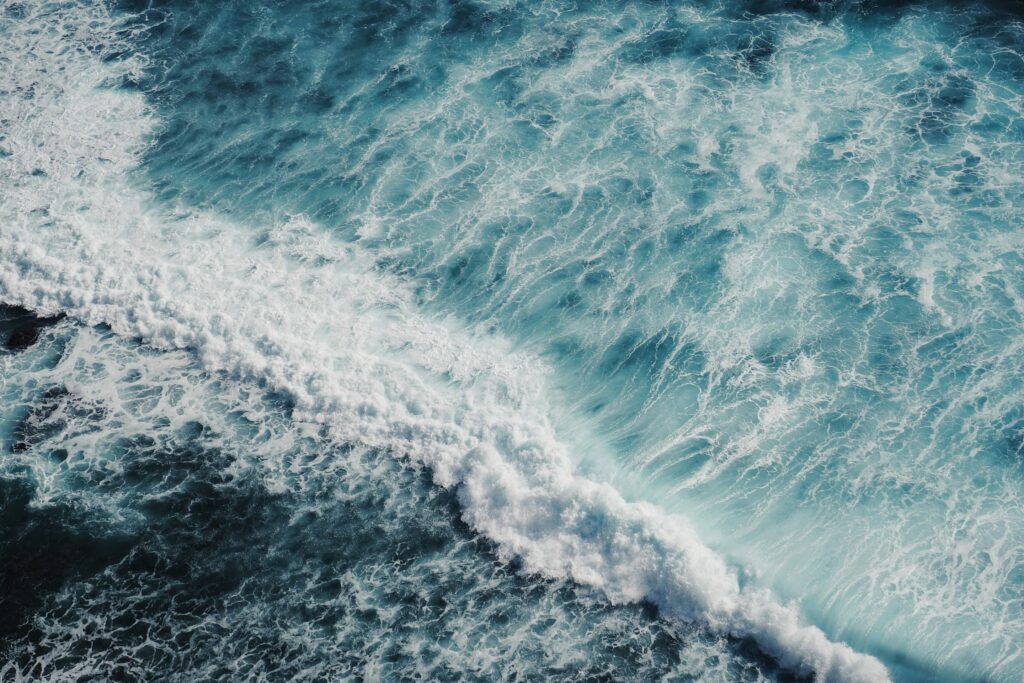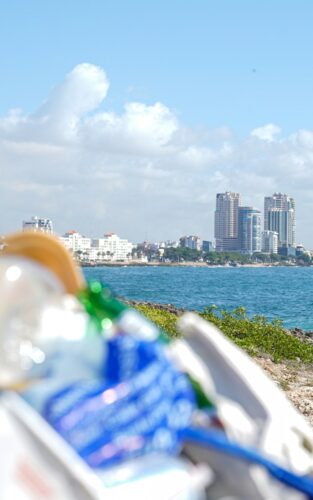
Ocean / Marine Degradation
Ocean acidification: Another Planetary Boundary crossed. Global Change Biology.
This study reveals that up to 60% of the global subsurface ocean (down to 200 m) has crossed the ocean acidification boundary.
• Research & Reports




